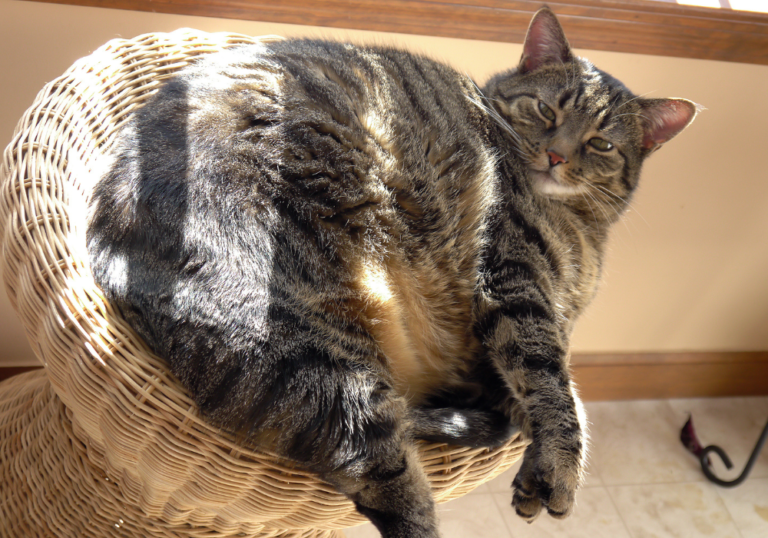Understanding Obesity in Pets: A Guide for Dog and Cat Owners

Obesity is a growing health concern for pets, with many dogs and cats suffering from excess weight in various countries around the globe. Just like in humans, obesity in pets can lead to serious chronic conditions that affect their quality of life. Understanding the causes, risks, and treatment options is crucial for pet owners who want to ensure their furry friends lead healthy, active lives.
What Causes Obesity in Pets?
The primary culprits behind pet obesity are excessive food intake and insufficient physical activity. However, various factors can contribute to this condition, including:
- Dietary Habits: Overfeeding, high-calorie treats, and feeding table scraps can lead to weight gain.
- Lack of Exercise: A sedentary lifestyle can result from busy schedules or limited space for pets to play.
- Hormonal Influences: Conditions such as hypothyroidism can interfere with metabolism, leading to weight gain.
- Genetic Factors: Some breeds are more prone to obesity than others, making it essential to monitor their weight closely.
- Other Health Issues: Certain medical conditions can affect your pet’s ability to maintain a healthy weight.
Risks Associated with Obesity
If your pet is carrying extra weight, the consequences can be severe:
- Heart Disease: Excess weight forces the heart to work harder, increasing the risk of heart problems.
- Arthritis: Additional weight puts stress on joints, leading to joint pain and mobility issues.
- Breathing Problems: Obese pets may struggle with respiratory issues due to excess fat around their lungs.
- Skin and Coat Problems: Obesity can lead to skin infections and coat issues due to reduced grooming ability.
- Diabetes: Cats, in particular, are at a higher risk of developing diabetes as a result of obesity.
These health risks can significantly affect your pet’s comfort and overall interaction with you and your family.
How to Address Obesity in Pets
If you suspect your pet is overweight, it’s essential to consult our doctors at Acacia Pet Hospital. They can help determine if your pet is too heavy and assist you in developing a weight loss plan tailored to your pet’s specific needs.
Steps to Combat Obesity:
- Rule Out Medical Conditions: Before starting any weight loss program, it’s crucial to identify any underlying health issues that may contribute to weight gain, such as hypothyroidism.
- Adjust Diet: Reducing caloric intake is key. Consider switching to a weight management diet that provides balanced nutrition without excess calories.
- Increase Exercise: Regular physical activity is vital. Aim for daily walks, playtime, and interactive toys to keep your pet engaged and active.
- Weight Loss Programs: Structured weight loss programs can provide a roadmap to achieve a healthier weight. Our doctors at Acacia Pet Hospital can help create a plan that works for your pet.
- Consider Medication: For dogs struggling to lose weight through diet and exercise alone, medications like Slentrol may be an option. Consult our doctors for more information.
Conclusion
Obesity is a serious health condition that can affect your pet’s quality of life, but it is manageable with the right approach. By recognizing the risks associated with obesity and taking proactive steps to address them, you can help your pet live a healthier, happier life.
If you need more help or have any questions, call us at Acacia Pet Hospital at (408) 264-6354 or visit us online at Acacia Pet Clinic. Our address is 4486 Pearl Ave, San Jose, CA 95136. Our doctors are here to help you from Monday to Friday, 8:00 am – 5:00 pm.

